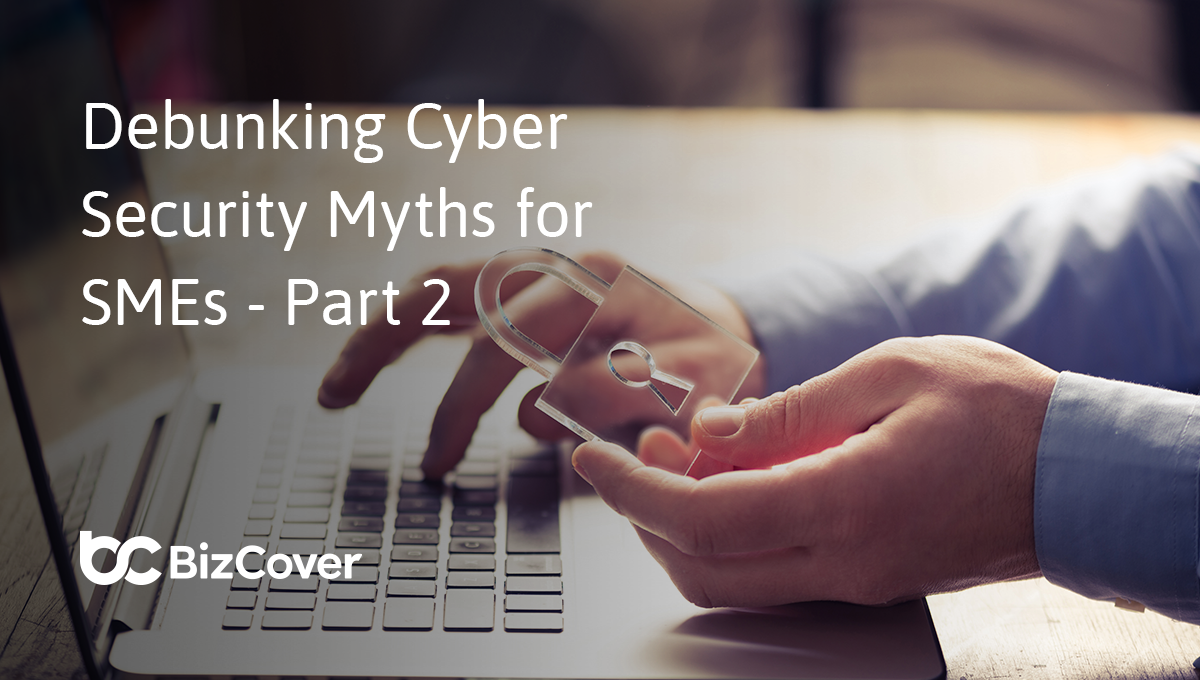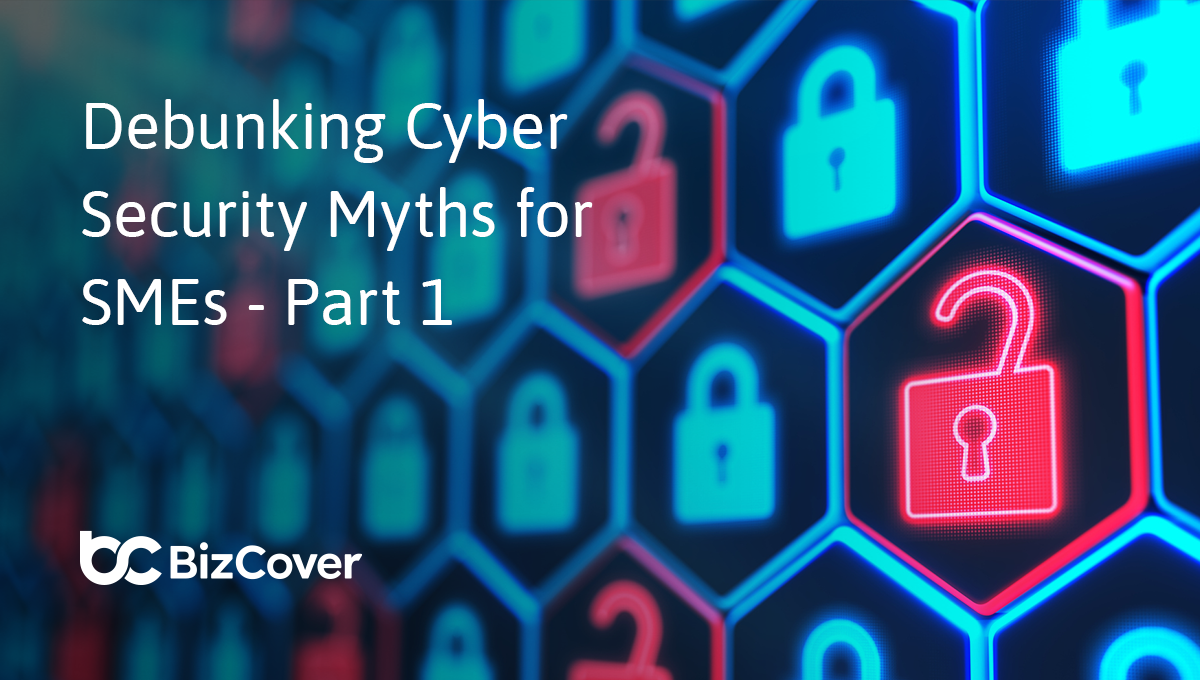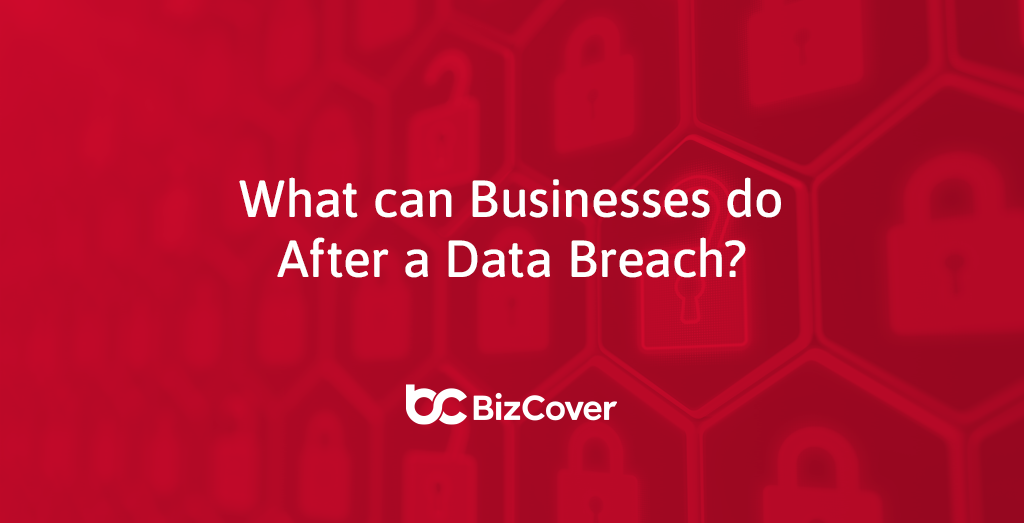
Cyber Threats in Australia: How Prepared is Your Business?
As new technologies continue to evolve, so do the threats that businesses face online. Cybercriminals are constantly finding new ways…

Your 5-step Guide to Creating a Cyber Incident Response Plan
A cyber incident response plan (CIRP) is a clearly defined strategy that outlines the steps an organisation needs to take…

Small Business Founder Shares Insights on the Need for Cybersecurity
The costs of cyberattacks on small businesses in Australia are gradually rising. According to the Australian Signals Directorate’s (ASD) latest…

AI and Data Privacy: What Small Businesses Need to Know
Artificial intelligence is more accessible than ever. It’s not just big corporations that can capitalise on these new technologies; small…

Debunking Cyber Security Myths for SMEs, Part 2
Misinformation is everywhere, especially regarding cyber security. This can cause SMEs to hesitate when it comes to shielding their business.…

Debunking Cyber Security Myths for SMEs, Part 1
SMEs face unique challenges in the cyber realm. Unfortunately, misinformation doesn’t help and can often hinder SMEs from understanding the…

5 steps to performing an effective cybersecurity risk assessment
From the smallest of small businesses to the largest of multinational corporations, no organisation is impervious to cyber attacks. But…

What can businesses do after a data breach?
Dealing with data breaches is becoming a part of running a small business in Australia. It occurs whenever an unauthorised…

What is Management Liability Insurance and Who Needs It?
Do I Need Management Liability Insurance? Management Liability insurance reduces the risks for directors and managers and the insured company…

14 crucial cyber security tips for small businesses in 2025
The move to remote working has opened the door for cyber attackers to exploit weaknesses in systems, and there is no business,…